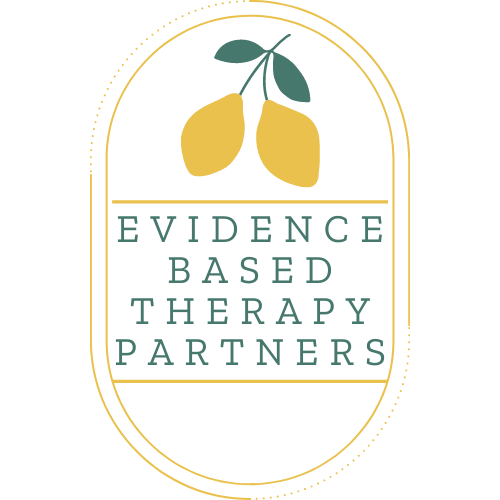
“This is your real life. You are already living it.”
—Sarai Walker
Eating Disorders
Eating/feeding disorders can take many forms and often include high-risk or life-threatening behaviors. While less severe and recent onset eating disorders can often be treated with regular outpatient therapy, some individuals require more intensive treatment or medically based intervention such as hospitalization in order to recover. At Evidence Based Therapy Partners, we provide a thorough diagnostic assessment, and when clinically indicated, provide evidence based treatment such as Cognitive Behavioral Therapy (CBT) or Acceptance and Commitment Therapy (ACT) for the following problems:
Bulimia Nervosa
Bulimia Nervosa is characterized by a cycle of binge eating and compensatory behavior such as self-induced vomiting, exercise, or taking laxatives. Symptoms of Bulimia include:
Regular intake of large quantities of food accompanied by a sense of being “out of control” with food
Regular compensatory behaviors such as vomiting, laxative abuse, overexercising, or starvation.
Extreme concern with body weight and shape.
Anorexia Nervosa
Anorexia Nervosa is a potentially life-threatening illness characterized by starvation and excessive weight loss. Anorexia Nervosa often requires a higher level of care than outpatient therapy, however if the disorder is detected early and the patient is medically stable or a patient has made gains in a higher level of care, outpatient therapy may be appropriate. The following are common symptoms of Anorexia Nervosa:
Resistance to maintaining a minimum healthy weight
Intense fear of gaining weight or “being fat”
Distorted body image
Amenorrhea in females post-puberty
Binge Eating Disorder (BED)
BED is characterized by recurrent binge eating without the use of compensatory behaviors as seen with Bulimia Nervosa. Symptoms of BED include:
Frequent episodes of large amounts of food in a short period of time
Feeling out of control with food
Feeling guilt, shame, and disgust about the behavior
Body Image Disturbance
Although not a diagnosis in itself, difficulties with body image can significantly interfere with one’s quality of life. Individuals suffering from a distorted body image or extreme body dissatisfaction often benefit from evidence-based therapy approaches such as Cognitive Behavioral Therapy (CBT) or Acceptance and Commitment Therapy (ACT).
If you would like to hear more about these treatments, feel free to reach out to schedule an appointment. Your provider can help you determine which treatment option is best suited for you.
“Like anything in life, something new takes a hot-a** minute to get used to, so if you need to be #brave alone at home for a bit, that’s okay. You can take your time.”

